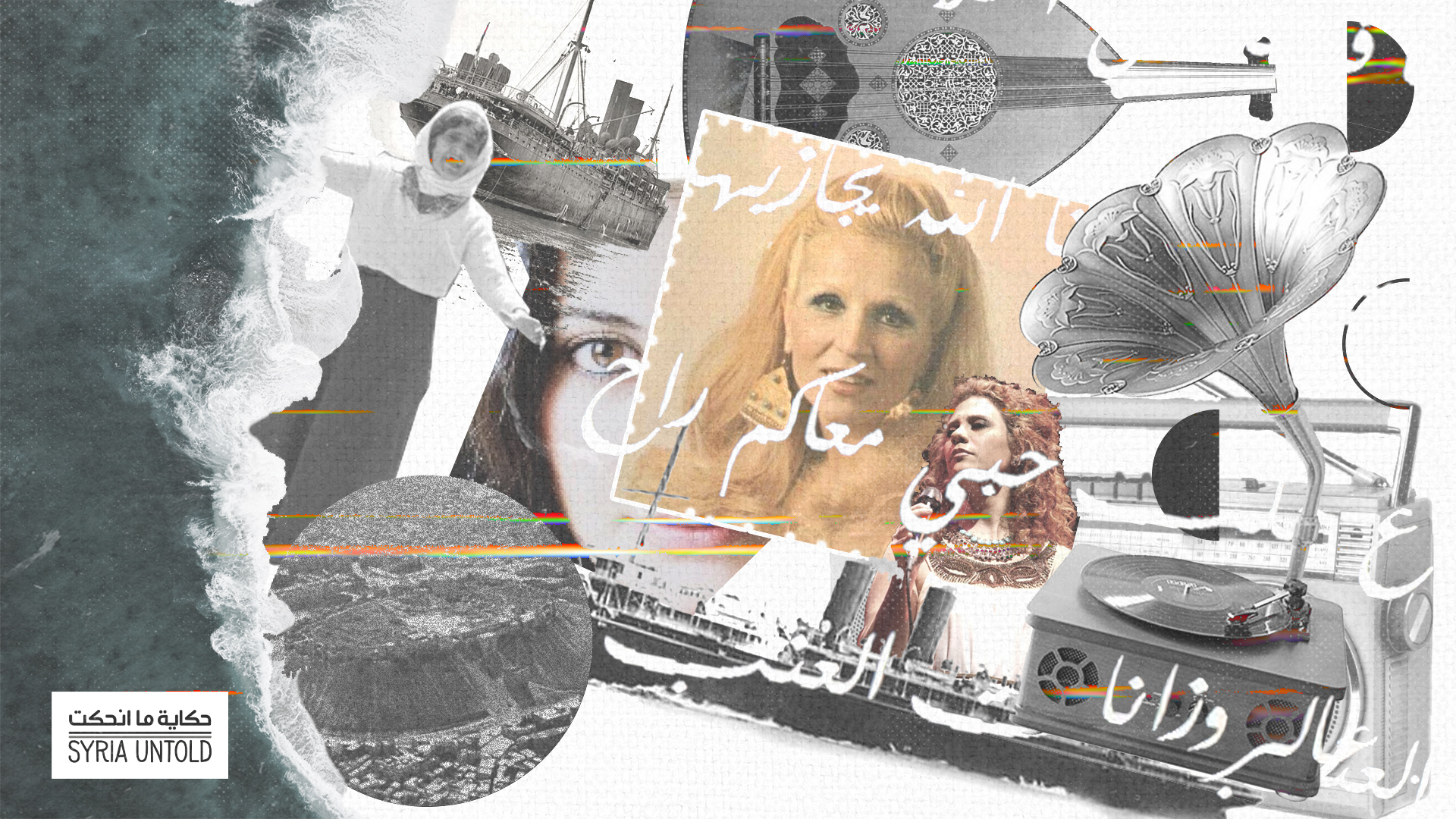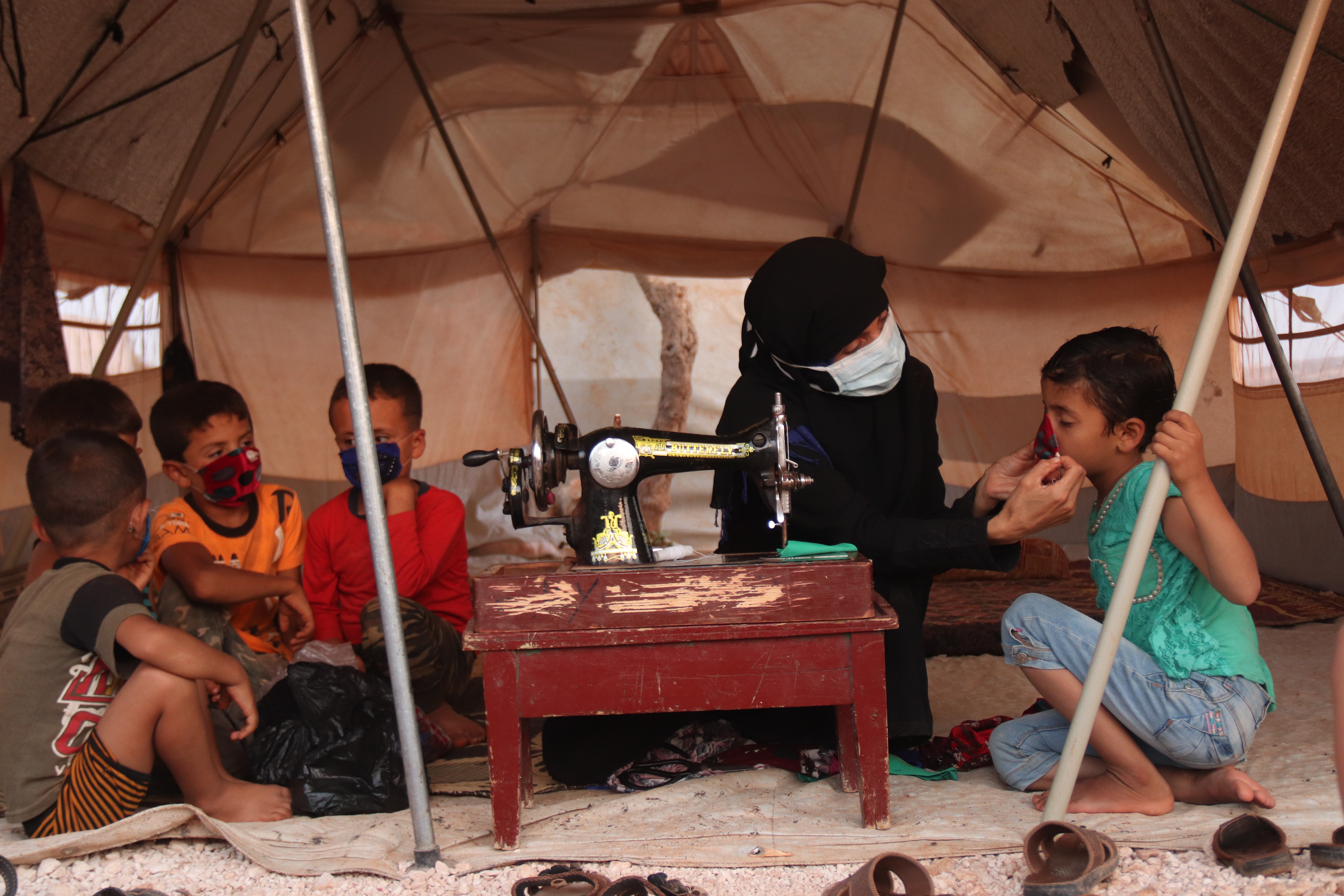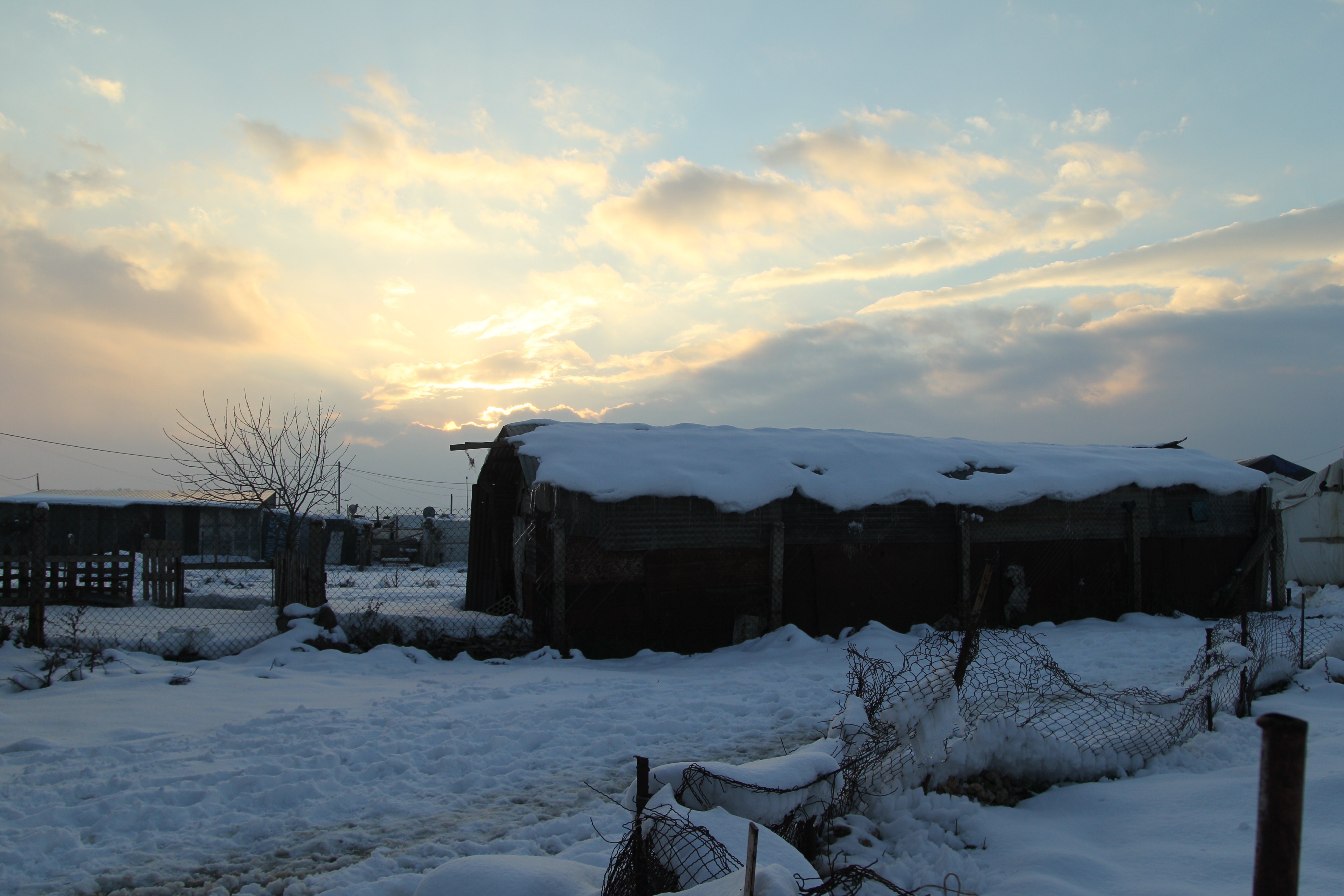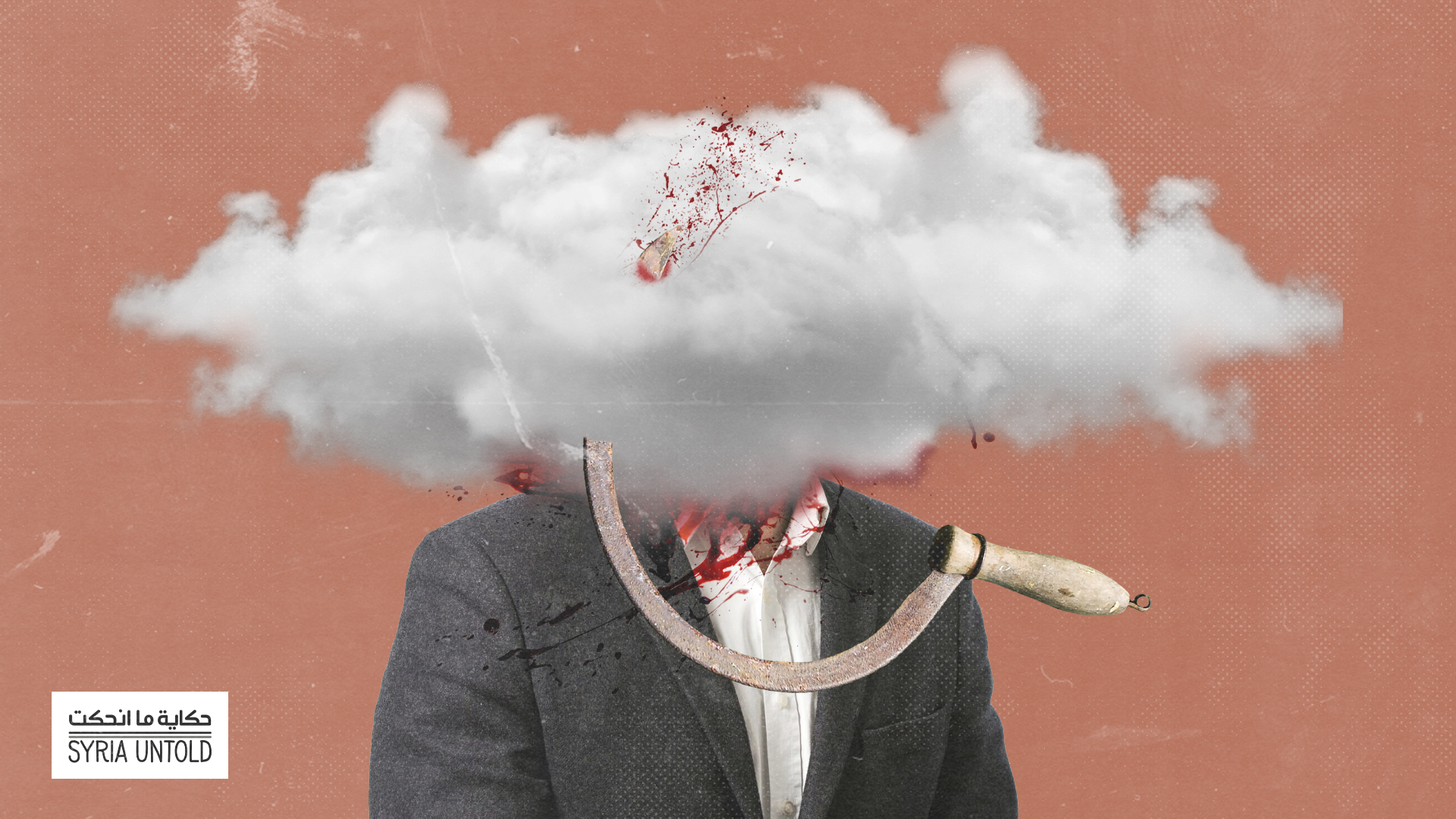Syrian detainees' families forced to pay huge bribes to corrupt officials - report (The Guardian)
“Families of detainees in Syrian prisons are routinely forced to bribe officials to be allowed to visit them or to win their release, according to a report that reveals the vast scale of extortion in the detention system.
The sums involved–rising as high as £2m in one jail–are likely to be helping senior members of the Assad regime avoid sanctions, a survey of more than 1,200 former prisoners and family members suggests.” Read more
A famine, a ship and a folk song that spanned borders
18 December 2020
In pictures: COVID-19 on the rise in northwestern Syria
14 November 2020
After their refugee camp was burned down, aid flowed in. They are the ‘lucky’ ones (L’Orient Today)
“A few days after the torching of the camp where they used to live, Syrian families lined up outside the Bhanin municipality building as trucks unloaded piles of goods to be distributed by one of the numerous NGOs responding to the incident.
The trucks brought mattresses, blankets, cleaning supplies, sacks of potatoes, gas canisters—all the basic supplies needed for a household, even though it was still unclear where most of the refugees would be living.” Read more
'We stayed to help others': a Syrian doctor on losing her husband to Covid (The Guardian)
“Dr Raba al-Sayed looked across the Euphrates river towards her family home in the east Syrian town of Al-Bukamal in Deir ez-Zor and was gripped by trepidation.
It was November 2017. With her husband, Adnan al-Jassim, and their four children, the family had finally managed to escape Islamic State, the Syrian government and Russian bombing, and were preparing to make the next stage of the dangerous journey to Al-Bab in the Turkish-controlled north of the country.” Read more
Protestant church that found refuge in Italy’s hills helps Syrians do the same (The New York Times)
“The story of Maha Dahine and her two sons, Hanna and Antoine Khoury, is similar to those of countless victims of the conflict in Syria. Driven by fear and hopelessness, they left their homeland in 2016 for an uncertain future in Europe.
But while many thousands of migrants have risked their lives by crossing the Mediterranean in rickety vessels, Ms. Dahine and her sons had a vastly different experience.
In November 2018, the family boarded a plane in Lebanon, where they had lived for two years after fleeing Syria, and flew to Rome, before traveling on to the Alpine valleys of Western Piedmont to start a new life.
They were able to make the trip thanks in part to the efforts of the Waldensians, a religious movement that first settled in Piedmont in the 12th century to escape persecution in France.” Read more
Making life hard for Syrian refugees will not compel them to leave (The Economist)
“On december 26th a scuffle broke out between Syrian refugees and residents of the Lebanese town of Bhanine, north of Tripoli. That night the row, allegedly over unpaid wages, turned ugly. Shots were fired. Armed villagers then set fire to the refugees’ tents, causing them to flee and sleep rough in nearby fields. When they returned the next morning their makeshift camp was little more than a patch of charred debris.
The past year has been difficult for everyone in Lebanon. The country has endured covid-19, the collapse of its currency and a huge explosion at Beirut’s port in August. But the consequences of all this have been particularly bleak for the 884,000 Syrian refugees living there.” Read more








